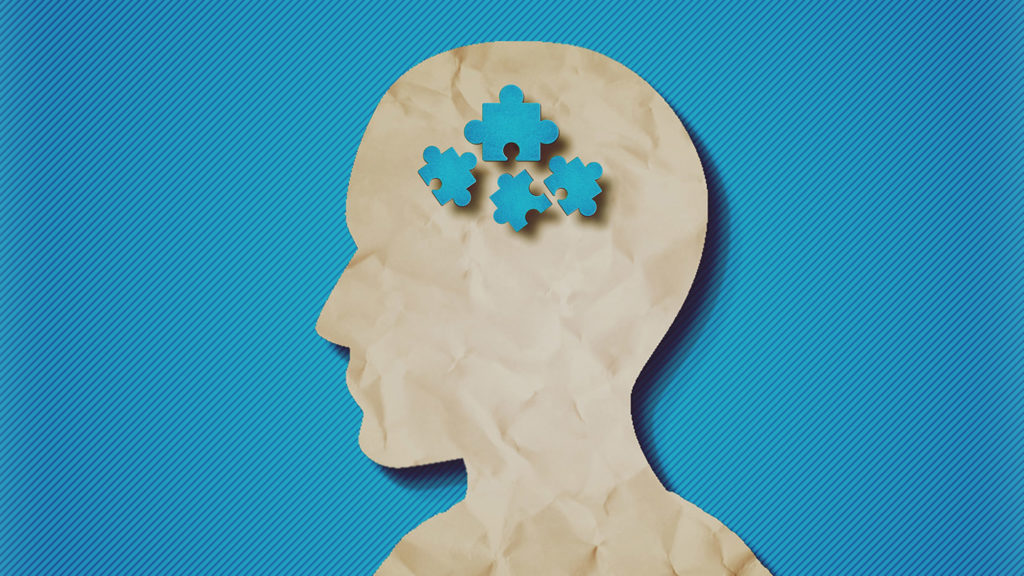
Integrating aging services, mental health and physical health is key to improving quality of life outcomes for older adults, according to a mental health expert.
“It is particularly important to improve identification and treatment of mental, substance use and behavioral disorders in long-term care settings — such as home health care, adult medical day care, assisted living and nursing homes,” Vibrant Emotional Health President and CEO Kimberly Williams said during testimony before the U.S. Senate Special Committee on Aging.
Williams was among mental health experts testifying Thursday about their support for expanding opportunities to improve mental health services for older adults through care coordination and policy change.
Among her recommendations, Williams said that federal, state and local governments need to create policies that allow older adults with mental disorders to live where they choose, as well as provide housing alternatives to institutions for older adults with co-occurring serious physical and mental disorders, including supporting housing.
She said she also supports improving access to mental health and substance abuse services through home- and community-based settings, including seniors housing.
Committee Chairman Sen. Bob Casey (D-PA) said that many older adults “suffer in silence” due to the stigma associated with mental illness.
“The reality is that too many older adults today face fragmented systems and roadblocks that prevent them from accessing the support they need,” Casey said.
Care coordination
Williams testified that 20% of adults aged 55 or more years have a diagnosable mental health and / or substance use disorder, including dementia, according to the Centers for Disease Control and Prevention.
She said that although there has been great focus on older adult physical health and how social determinants of health can affect quality of life outcomes, there is less awareness of older adult mental health needs and how social, economic and environmental factors affect overall mental well-being.
“For older adults, financial stability, food security and nutrition, accessible housing and social supports are interconnected when viewed through the lens of effect on mental well-being,” Williams said, adding that mental health conditions in older adults are widely under-recognized by providers, caregivers and older adults themselves.
Other barriers to treatment, she said, include a lack of mental health professionals specializing in geriatric mental health, shortages of home- and community-based services, an overreliance on institutional care and a shortage of supportive housing as an alternative to institutional care.
Policy initiatives
Erin Emery-Tiburcio, Ph.D., co-director of the Rush Center for Excellence in Aging at Rush University Medical Center, similarly supports coordination of care across the continuum of healthcare and community-based organizations. She also testified about expanding the behavioral health workforce trained to work with older adults and policy affecting access to care.
Emery-Tiburcio held up the self-direction movement — an alternative to traditionally delivered and managed services — as a model for integrating care for older adults. The model was included in several states’ Medicaid plans or waivers.
Under traditional systems, older adults who need help with activities of daily living typically have little choice about who helps, when support is delivered or what support is provided, she said. The self-direction model offers Medicaid beneficiaries the option to select their own workers and create an individualized budget to help them live more independently.
“Making self-direction a standard option for Medicaid and infusing it across dual-eligible plans are two ways the program will be impactful for more people, and offer significant savings over standard plans,” Emery-Tiburcio said.
Many states incorporate self-direction principles as part of their Money Follows the Person demonstration program, which helped many states establish programs to support transition from institutions to the community, she said. Many participating states also developed housing-related services to help beneficiaries locate affordable, accessible housing.
“These services are critical for older adults with serious mental illness and / or substance use disorders, particularly those with limited resources that make them dual eligibles,” she said.
During the hearing, Casey and ranking member Sen. Tim Scott (R-SC) introduced bipartisan legislation — the Advancing Integration in Medicare and Medicaid Act — to expand state efforts to integrate Medicare and Medicaid benefits, including mental healthcare, for people who receive care through both programs. The bill aims to promote a more streamlined experience for low-income seniors and people with disabilities.
Casey also introduced the Supporting States in Integrating Medicare and Medicaid Act to give states funding to develop and implement Medicaid and Medicare integration plans.
A $15 million grant program from the Department of Health and Human Services could kickstart a new approach to behavioral healthcare delivery in U.S. nursing homes. Assisted living facilities are not eligible for this program.


